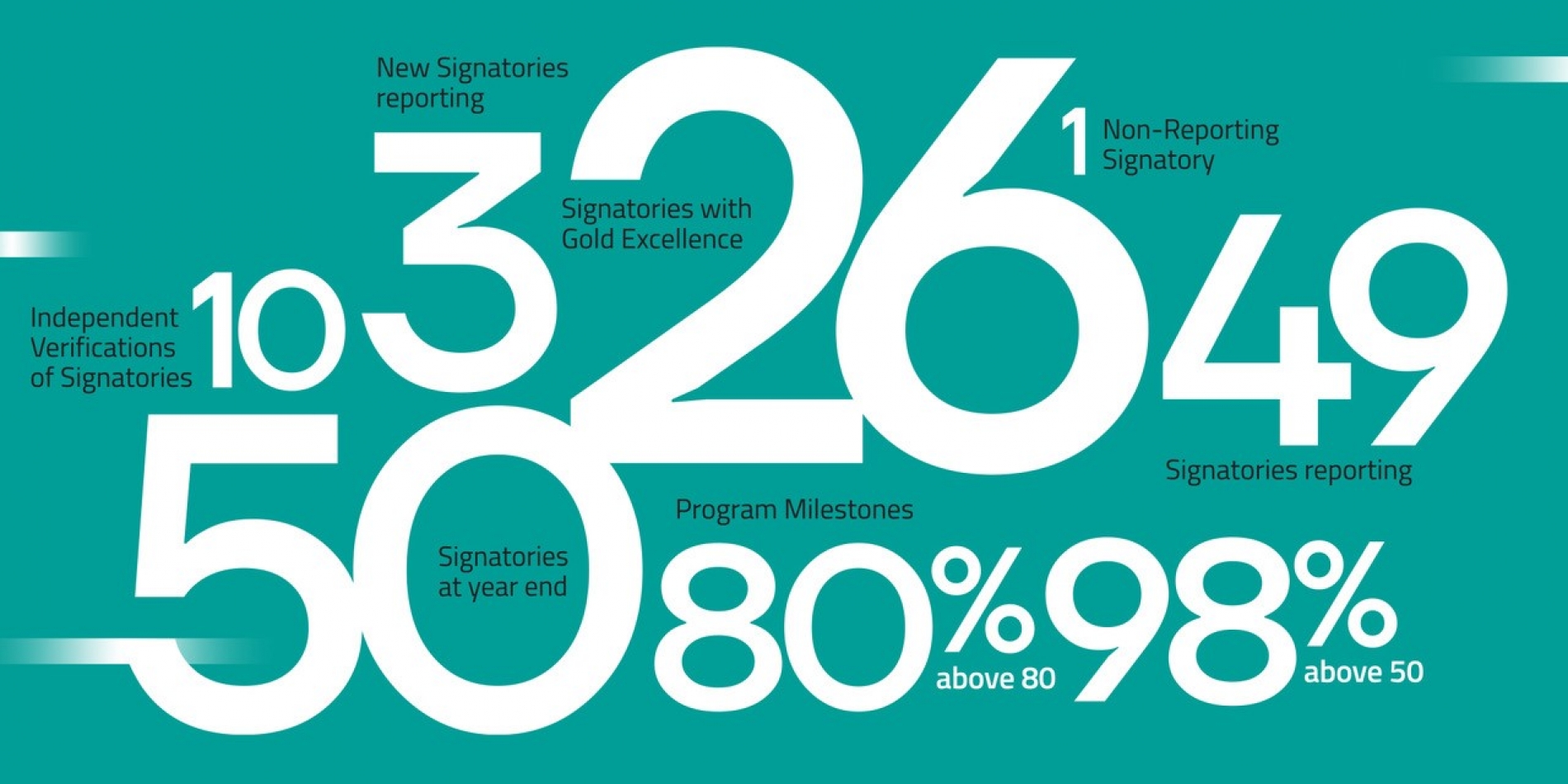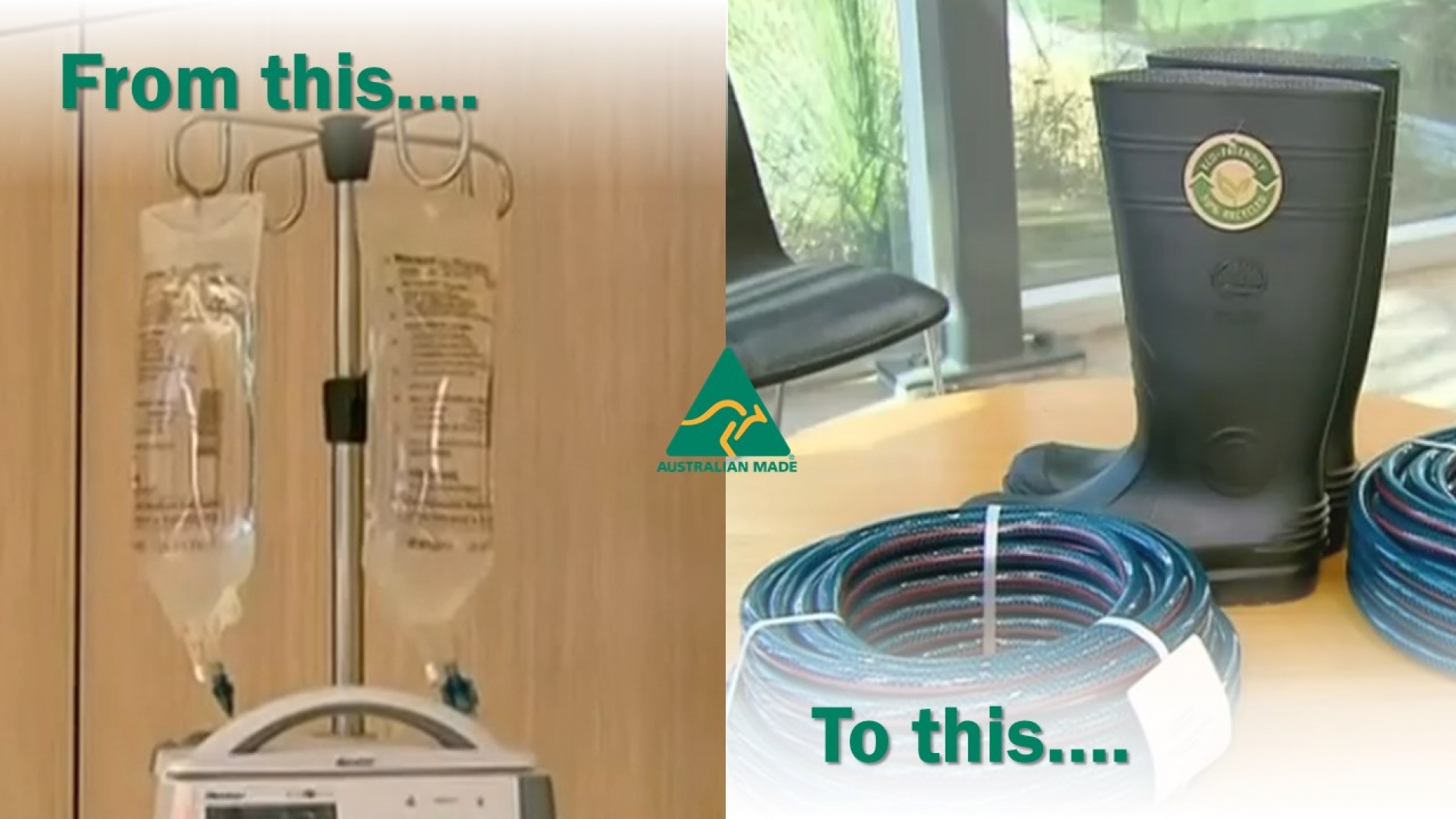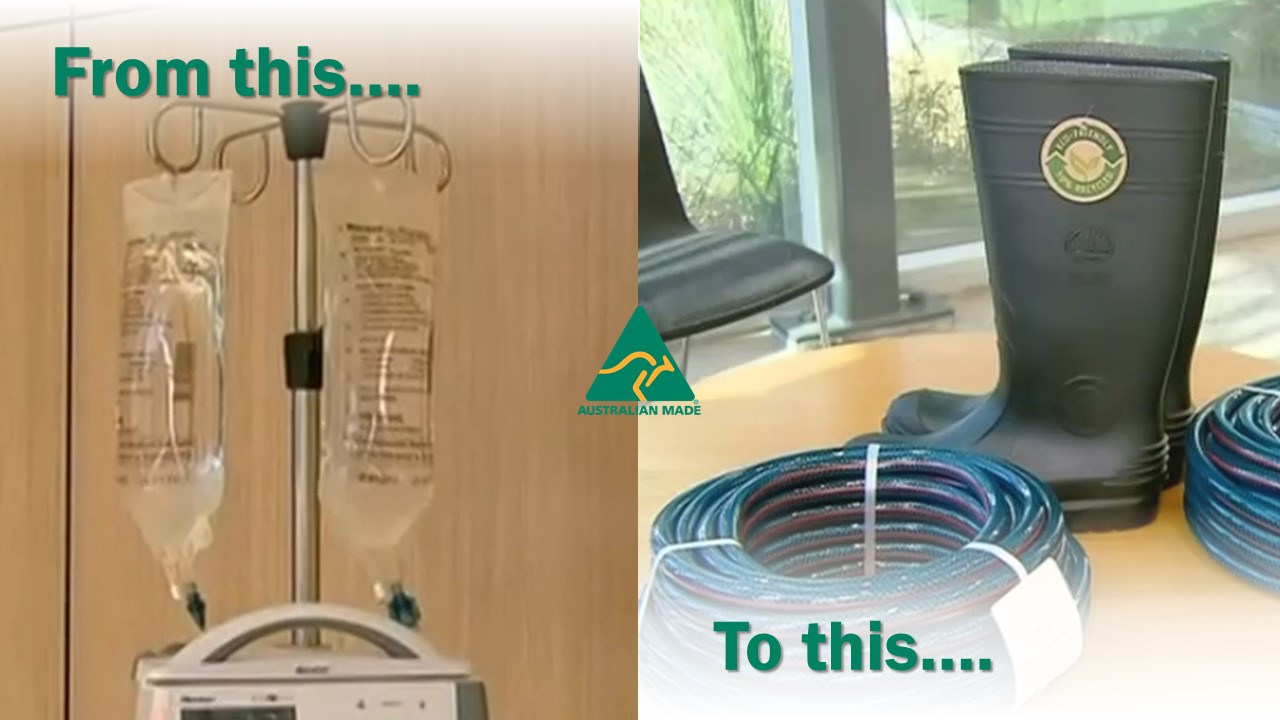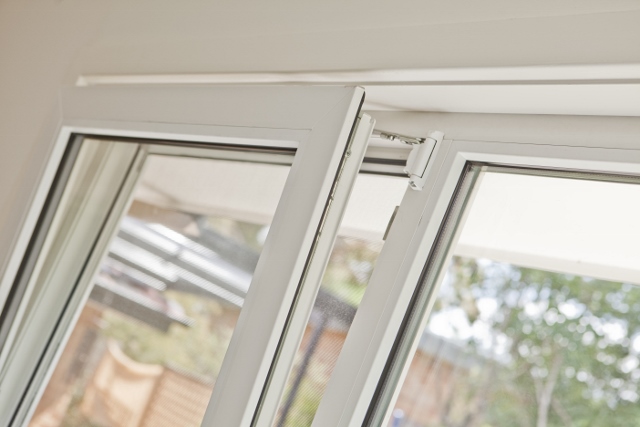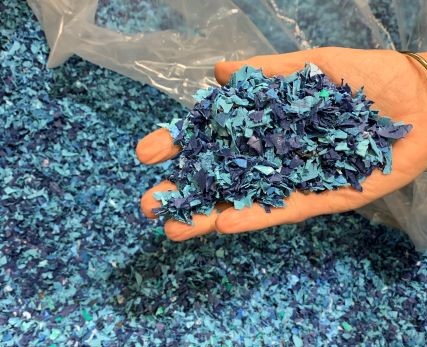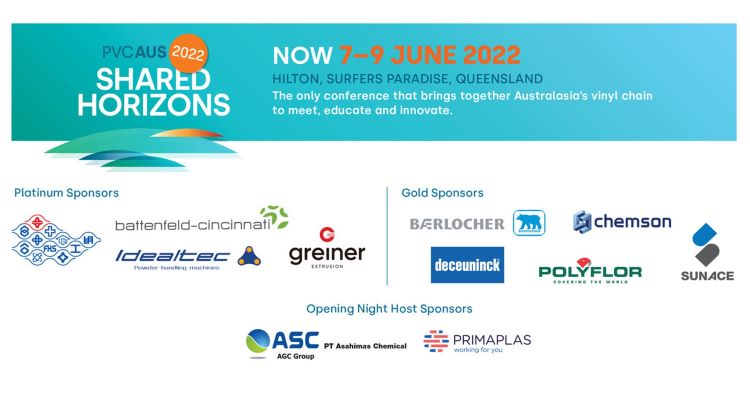A new record has been set in compliance with the Vinyl Council of Australia’s challenging, comprehensive material stewardship program. In the latest assessment of 47 companies’ annual performance, 24 demonstrated full compliance with sustainability objectives applicable to their businesses under the Australian PVC Stewardship Program (PSP).
“More than half of the participating Signatories have attained Gold Status, according to our updated data. This underlines our desire to see the vinyl sector continually improve with respect to their environmental sustainability,” says Vinyl Council of Australia Chief Executive, Sophi MacMillan.
A further 14 companies reached Silver status ensuring that 83% of all Signatories achieved 80% compliance or better; thereby achieving one of the key benchmarks set by the Program for greater sustainability.
Other significant highlights include the sustained year on year growth in the consumption domestically of PVC recyclate. This development, stemming from a commitment introduced in 2016 to use recycled PVC, has seen Australian manufacturing signatories consume over 1,400 tonnes in 2020, up from nearly 776 tonnes in 2019. Since 2016 nearly 13,400 tonnes have been used in Signatories’ locally-made and imported products.
“This is an appreciable uplift and is consistent with our aspiration to see our members play an active role in supporting the circular economy,” continues Sophi.
To further drive PVC recycling in Australia and meet a growing demand for PVC recyclate by manufacturers, the Council in collaboration with the Specialised Textiles Association, in late 2020 secured a $350,000 Federal Government Product Stewardship Investment grant for the TexBack project. It will explore development of technology solutions and a stewardship program for PVC-polyester composite textile wastes.
The Council’s PVC Recycling in Hospitals scheme, operated with PSP Signatories Baxter Healthcare and Welvic Australia, now has over 250 participants across the country recovering PVC medical waste for local recycling. In 2020, despite the Covid-19 pandemic challenges, the program collected 129 tonnes of medical PVC recyclate - equivalent to about 6.45 million IV bags.
The PSP also drives industry’s commitment to the safe and sustainable use of additives. All relevant Signatories attained full compliance with this commitment in 2020, including no use of hazardous substances such as lead, cadmium, and hexavalent chrome. Modern PVC products from Signatories contain no hazardous substances, and the industry is committed to advancing both the sustainability and circularity of its products.
PVC is a particularly versatile and durable polymer, providing safe, functional and affordable solutions for society’s needs, from delivering drinking water to life-saving medical devices. The PSP program addresses specific, measurable commitments across five key themes associated with the life cycle of PVC: best practice manufacturing, safe and sustainable use of additives, energy efficiency and greenhouse gas emissions, resource efficiency, and transparency and engagement.
Through the program, the Council and its Signatories continually explore ways in which outcomes can be further enhanced, either through the introduction of new commitments or by raising the bar on existing benchmarks. In 2020, many Signatories exceeded compliance in relation to energy efficiency and greenhouse gas emission management commitments. This year, the Council will examine driving further improvement given rising concerns over climate change and fossil fuel consumption.
“We welcome our new Signatories, Think Fencing and Dunlop Flooring, who joined the Program in 2020 and look forward to working with them going forward. Congratulations to window system supplier, Profine, who made considerable advancements during the past year and The Andrews Group, Breathe Fresh, Sekisui Rib Loc, and Stormtech who attained Gold Status for the first time,” says Sophi.
Any company manufacturing or supplying PVC, or vinyl, products to the Australian market is welcome to participate in the PVC Stewardship Program.
The 2020 Progress Report for the PSP is now available here on the Vinyl Council’s website. Forty-six Signatories completed the annual assessment, 10 of which were independently verified by EY. A list of Signatories that achieved the Excellence Award (Gold Status) can be found on the Vinyl Council’s website or by clicking here.




